In honor of AAPI Heritage Month, here are some Asian autistic people you should know about!
Lydia X.Z. Brown is a Chinese-American adoptee. They are heavily involved in disability justice work, and their writing on disability is foundational to the movement.
Lydia X.Z. Brown is a Chinese-American adoptee. They are heavily involved in disability justice work, and their writing on disability is foundational to the movement.

Yuh-Line Niou is a Taiwanese-American politician who serves in the New York State Assembly.
She represents the 65th district, which includes Chinatown. She originally ran as a member of the Working Families Party, but she is currently in office as a Democrat.
She represents the 65th district, which includes Chinatown. She originally ran as a member of the Working Families Party, but she is currently in office as a Democrat.

Kodi Lee is a Korean-American musician and singer with perfect pitch, who recently won America’s Got Talent.
He is also blind (due to optic nerve hypoplasia) and has Addison’s Disease, which affects hormone production in the adrenal glands.
He is also blind (due to optic nerve hypoplasia) and has Addison’s Disease, which affects hormone production in the adrenal glands.
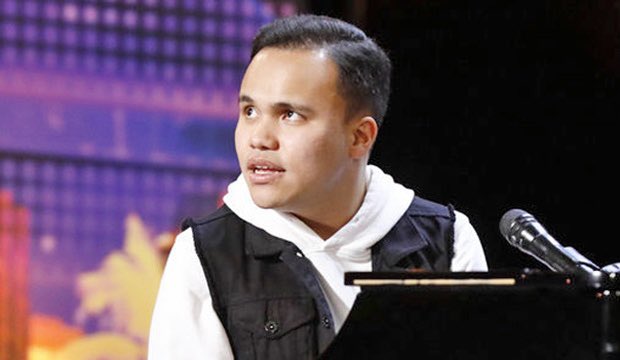
Niam Jain is a South Asian painter and visual artist from Canada, whose paintings are vibrant and abstract.
His speech is limited, so painting is an important form of self-expression for him.
His speech is limited, so painting is an important form of self-expression for him.
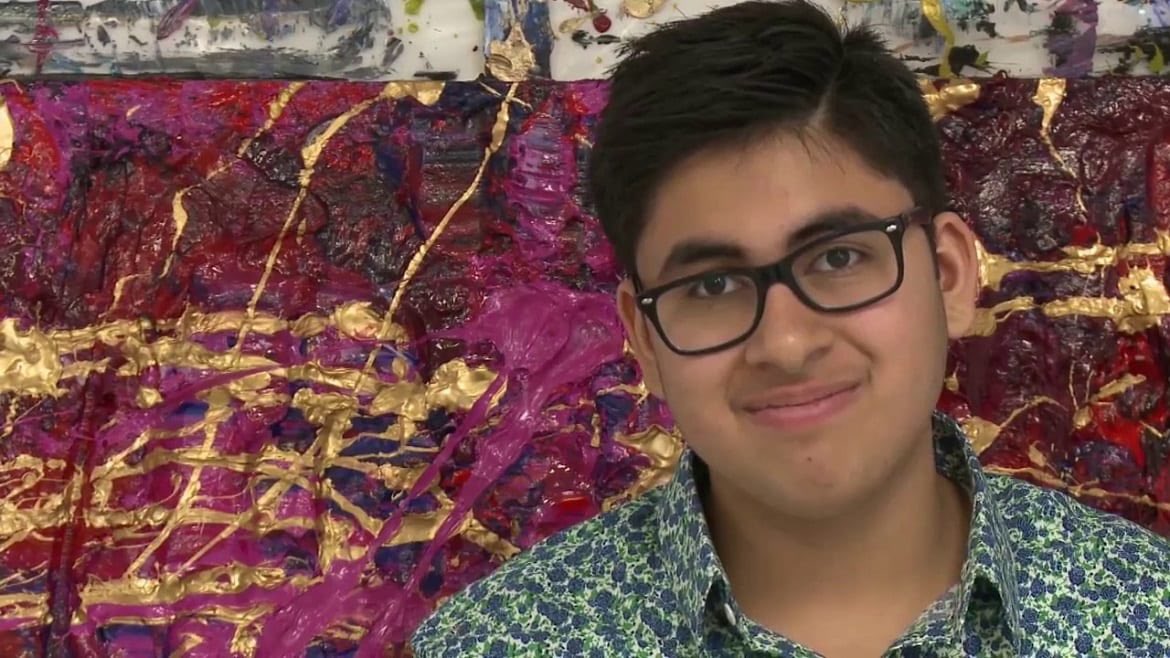
Hikari Ōe is a Japanese composer of classical music. He is the son of Kenzaburō Ōe, a Nobel Prize winning author.
He is visually impaired and epileptic, and has limited speech. He uses musical compositions to help express himself.
He is visually impaired and epileptic, and has limited speech. He uses musical compositions to help express himself.

Helen Hoang is a Vietnamese-American romance novelist, and autistic parent to an autistic daughter.
Her first novel, The Kiss Quotient, is about an autistic woman exploring her sexuality and figuring out romance.
Her first novel, The Kiss Quotient, is about an autistic woman exploring her sexuality and figuring out romance.
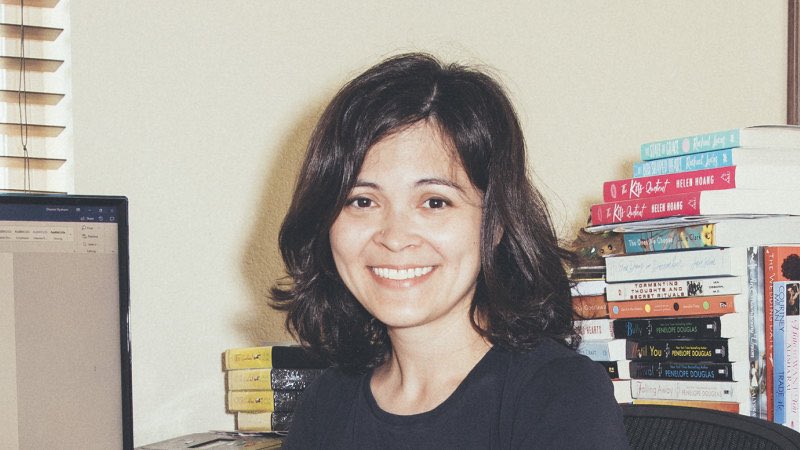
Naoki Higashida is a Japanese author and visual artist who types to communicate.
His most famous book, The Reason I Jump, was recently turned into an award-winning documentary film.
His most famous book, The Reason I Jump, was recently turned into an award-winning documentary film.

Amrit Khurana is an Indian visual artist whose life and work was featured in the documentary version of The Reason I Jump.
Her speech is limited, and she uses art as an outlet to express her thoughts and experiences.
Her speech is limited, and she uses art as an outlet to express her thoughts and experiences.
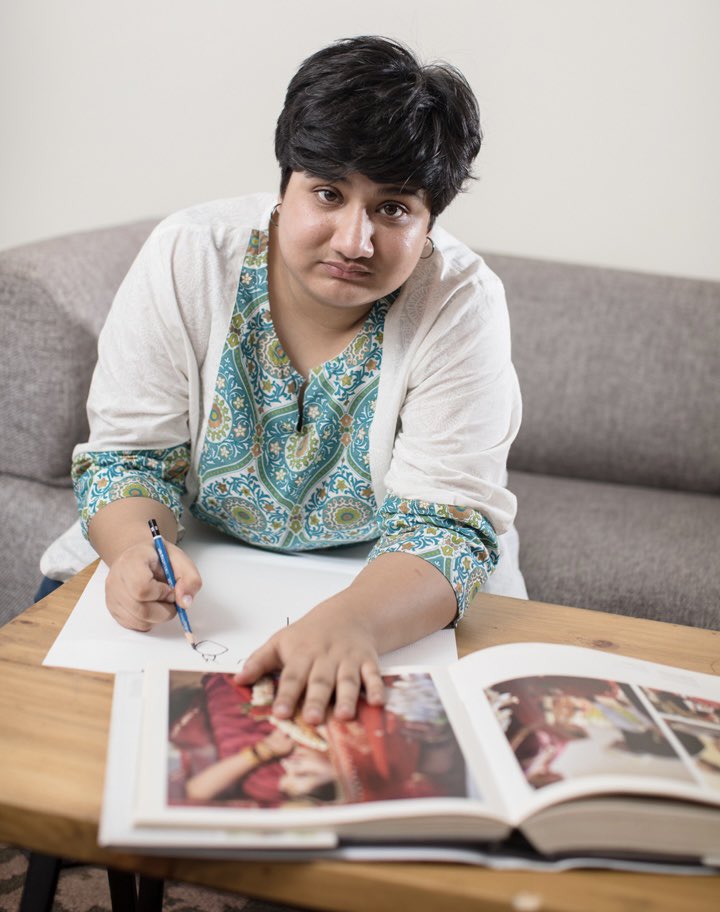
Raj Singh Tattal is a Punjabi Sikh visual artist from the UK who is most well-known for drawing detailed portraits.
He had not drawn for over a decade until he was diagnosed as autistic, which led him to decide to channel his ability to focus for hours on end into creating art.
He had not drawn for over a decade until he was diagnosed as autistic, which led him to decide to channel his ability to focus for hours on end into creating art.
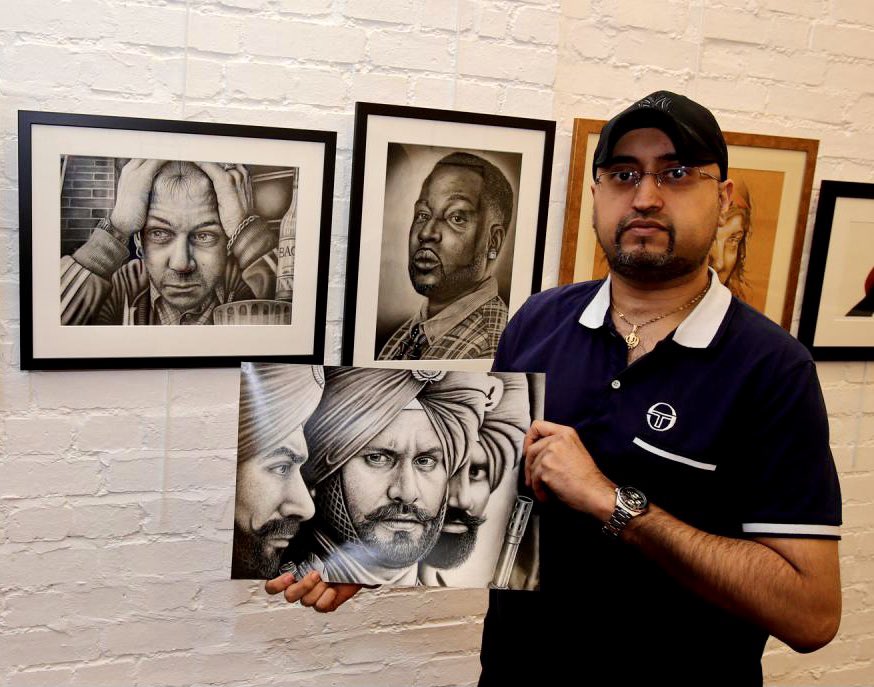
Last but not least, Ping Lian Yeak is a Malaysian-Australian visual artist with limited speech.
He has been featured in several documentaries, and his artwork was displayed at the United Nations headquarters in 2008 in honor of Autism Awareness & Acceptance Month.
He has been featured in several documentaries, and his artwork was displayed at the United Nations headquarters in 2008 in honor of Autism Awareness & Acceptance Month.

• • •
Missing some Tweet in this thread? You can try to
force a refresh




